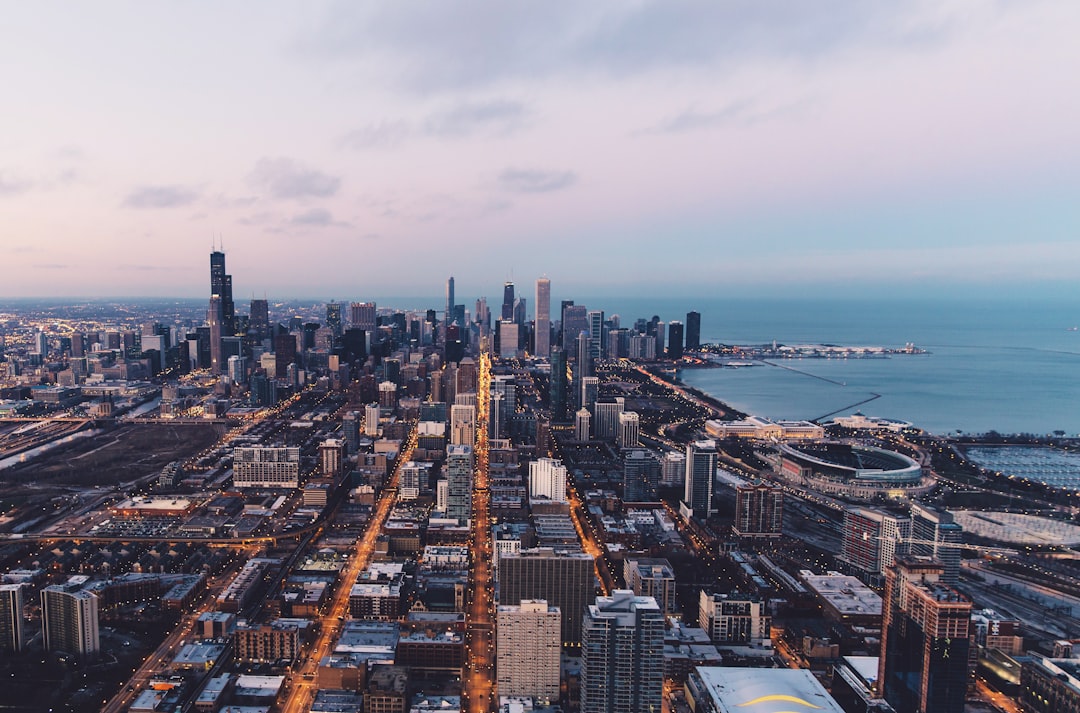Uber Eats settles with Chicago
Delivery's grown up, but it's still paying to right past wrongs

Uber just settled a lawsuit with the city of Chicago over its delivery practices going back years. As part of the settlement, Uber will pay $10 million. Similar lawsuits against DoorDash and Grubhub are ongoing. It’s yet another signal that jurisdictions are willing to crack down on certain business practices the big tech companies once defended as disruption.
A fun argument that growth-addicted technology companies like to make is that rules, regulations, and legislation haven’t yet caught up to their level of innovation and forward-thinking. They’re not breaking rules, just challenging norms, these companies argue. They’re disrupting the status quo, highlighting flaws in a current model and, of course, angling to profit from replacing the old with something new. We saw this as Uber grew its transportation network, forcing it into certain areas that resisted and simply refusing to follow the rules. Hindsight — and some great investigative journalism — shows us that this was done, at times, with nefarious intent.
It’s a bummer that the early days of Uber set this sort of rule-breaking precedent; it’s a strategy that hasn’t aged well. In fact, I’d argue that companies’ reputations have been sullied by their refusal to follow established rules, even in the name of growth and customer convenience and satisfaction. Remember that Grubhub website debacle? Or the phone number one? Or the time it joined the competition and listed restaurants without permission? None of these things ended well.
This particular Uber settlement comes after two years of investigation into the company’s listing of “unaffiliated merchants on its platform without consent,” plus so-called deceptive advertising surrounding the companies’ offers of free or $0 delivery. (There’s an online fact sheet where Chicago restaurants can learn more, including if they are affected by this settlement.)
Already, Uber has repaid over $3 million to restaurants in Chicago that were charged commissions over 15 percent during the time period when delivery fees were capped by law. It’s paid $500,000 to restaurants it listed on its platform without consent. It will also offer $2.5 million in commission waivers and pay over $2 million in restitution to restaurants. The city will receive $1.5 million to cover the cost of the investigation. As part of the settlement, Uber denied any wrongdoing.
There’s a reason that companies like Uber like to (to quote Mark Zuckerberg circa 2012), “move fast and break things.”


